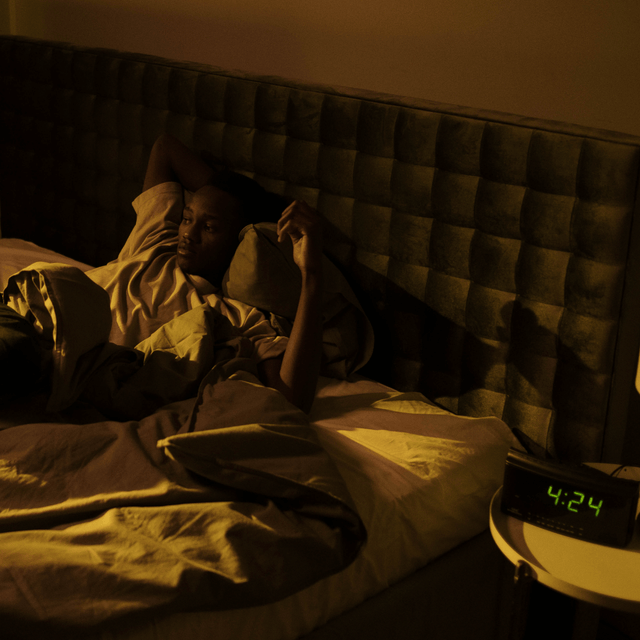Have you ever seen a bear pull an all-nighter trying to binge-watch that new Netflix season that just dropped?
Of course not, there aren’t any TVs in the wild. Kidding aside, humans are in fact the only mammals that are known to willingly delay sleep.
Many animals will take naps or rest at regular intervals throughout the day, but humans often have the ability to stay awake for extended periods, even when they are feeling tired.
This can be due to various reasons, such as work, social activities, or the use of technology. We’re looking at you, workaholics and night owls!
Delaying sleep can lead to sleep deprivation, which can have serious negative effects on your cognitive and physical health.
It's important to note that some animals also have the ability to delay their sleep, such as dolphins and certain species of bats.
These animals are known to have the ability to stay awake for long periods by shutting down only half of their brain while keeping the other half active.
This allows them to rest and sleep while remaining alert, which is a survival adaptation for these animals.
Let’s be honest, we don’t really have any reason to delay our sleep, especially if we can accomplish most of what we do during the day.
You’re not really on the lookout for any predators and dangers that would keep you in survival mode, unless you’re a criminal on the loose…
...in that case, put your hands in the air, punk!
But seriously, you should have good sleep practices in place to minimize any negative effects of sleep delay.
All in all, it’s important for us to prioritize getting enough sleep to maintain our good health and well-being. Experts recommend that adults aim for 7-9 hours of sleep per night.
Make sure you’re hitting those numbers, so you don’t go off the rails!

